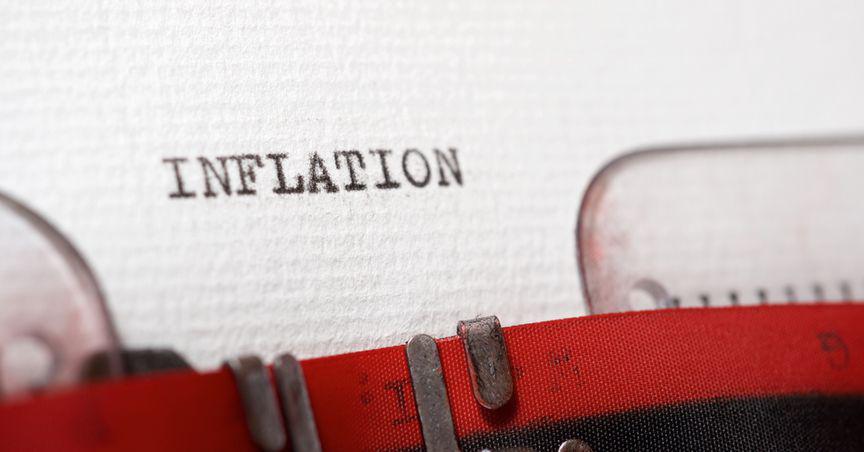Highlights
- After more than a decade, the ECB revised its key interest rate by 50 bps to 0.0% in a bid to tackle surging inflation.
- The EU's consumer prices hit the record high of 8.6% in the 12 months to June, which is much higher than the 2% inflation target over the medium term.
After more than a decade, the European Central Bank (ECB) revised its key interest rates by 50 bps to 0.0% in a bid to tackle surging inflation and growth in the eurozone.
The ECB, the central bank of the 19 European countries that share the euro currency, has increased the key interest rate by 50 basis points to 0.0%, breaking its guidance for a 25-basis point. The rate has been negative since 2014, which was done to boost the region's economic growth. The central bank said it might raise the interest rate further this year.
_07_22_2022_08_47_38_823409.jpg)
©2022 Kalkine Media®
The EU's consumer prices hit the record high of 8.6% in the 12 months to June, much higher than the 2% inflation target over the medium term. The three key rates, including the bank's deposit rate, primary refinancing operations rate, and marginal lending facility, now stand at 0%, 0.5%, and 0.75%, respectively.
It came after major central banks, such as the Federal Reserve and Bank of England also raised their interest rates due to supply chain issues, increase in prices of commodities, food, and energy, covid-19, and the war in Ukraine have together contributed to driving the cost-of-living crisis across the world, putting pressure of households and businesses.
The central bank has also announced that it would offer extra support to the region's more indebted nation with a new bond purchase scheme, known as Transmission Protection Instrument, which will help to cap the rise in their interest rates and limit financial fragmentation.
With a weakening economic outlook and recession concerns, the euro has depreciated to a 20-year low against the dollar, rising import costs.
The Bank of England is also expected to raise interest rates for the sixth consecutive month by 50 basis points to 1.75% in the August monetary policy committee.
Amid the rise in interest rates by major central banks across the world, let’s take a look at 3 FTSE-listed financial stocks that you may look at.
Nationwide Building Society (LON: NBS)
The British mutual financial institution and its subsidiaries provide retail financial services in the UK. The company offers mortgages, current, saving, and individual savings accounts, personal loans, car loans, overdrafts, credit cards, and various other services. The market cap of the building society stood at £1,504.16 million as of 22 July, with its shares trading at GBX 142.50 at 08: 45 AM (GMT+1). NBS's one-year and YTD return stood at -22.13% and -24.20%, respectively.
Investec Plc (LON: INVP)
A specialist bank and wealth manager, Investec Plc's market cap stands at £3,011.25 million as of 22 July 2022. The financial services company offers a wide range of financial products and services across the UK, US, Canada, Asia, South Africa, the Rest of Europe, and internationally. INVP’s one-year and YTD returns stood at 64.51% and 15.30%, respectively. Its shares at 08:55 AM (GMT+1) were trading at GBX 434.80, up by 0.51%.
Bank of Georgia Group Plc (LON: BGEO)
Bank of Georgia Group Plc offers various banking products and services, with a market cap of £703.48 million as of 22 July 2022. The company’s shares were trading at GBX 1,418.00, down by 0.98% at 09: 20 AM (GMT+1). Bank of Georgia Group's YTD return stood at -14.87% on Friday.
Note: The above content constitutes a very preliminary observation or view based on market trends and is of limited scope without any in-depth fundamental valuation or technical analysis. Any interest in stocks or sectors should be thoroughly evaluated taking into consideration the associated risks.




